JOHN WILLIAMS (19221994) was born and raised in northeast Texas. Despite a talent for writing and acting, he flunked out of a local junior college after his first year. He reluctantly joined the war effort, enlisting in the Army Air Corps, and managed to write a draft of his first novel while there. Once home, Williams found a small publisher for the novel and enrolled at the University of Denver, where he was eventually to receive both his BA and MA, and where he was to return as an instructor in 1954. He remained on the staff of the creative writing program at the University of Denver until his retirement in 1985. During these years, he was an active guest lecturer and writer, editing an anthology of English Renaissance poetry and publishing two volumes of his own poems, as well as three novels:
Butchers Crossing, Stoner, and the National Book Awardwinning
Augustus (all published as NYRB Classics).
ROBERT PINSKY s recent books are his Selected Poems (2011) and the anthology-manifesto Singing School (2013). As U.S. Poet Laureate (19972000), Pinsky founded the Favorite Poem Project, with a growing video library at www.favoritepoem.org of Americans of various professions and ages reading aloud and commenting on poems by Emily Dickinson, Walt Whitman, Langston Hughes, Shakespeare, and others. His new book of poems is At the Foundling Hospital (2016). ENGLISH RENAISSANCE POETRY A Collection of Shorter Poems from Skelton to Jonson Selected by JOHN WILLIAMS Introduction by ROBERT PINSKY NEW YORK REVIEW BOOKS  New York THIS IS A NEW YORK REVIEW BOOK PUBLISHED BY THE NEW YORK REVIEW OF BOOKS 435 Hudson Street, New York, NY 10014 www.nyrb.com Copyright 1963 by John Williams Introduction copyright 2016 by Robert Pinsky All rights reserved. 159095; Rijksmuseum, Amsterdam Cover design: Katy Homans Library of Congress Cataloging-in-Publication Data Names: Williams, John, 19221994 editor. 159095; Rijksmuseum, Amsterdam Cover design: Katy Homans Library of Congress Cataloging-in-Publication Data Names: Williams, John, 19221994 editor.
New York THIS IS A NEW YORK REVIEW BOOK PUBLISHED BY THE NEW YORK REVIEW OF BOOKS 435 Hudson Street, New York, NY 10014 www.nyrb.com Copyright 1963 by John Williams Introduction copyright 2016 by Robert Pinsky All rights reserved. 159095; Rijksmuseum, Amsterdam Cover design: Katy Homans Library of Congress Cataloging-in-Publication Data Names: Williams, John, 19221994 editor. 159095; Rijksmuseum, Amsterdam Cover design: Katy Homans Library of Congress Cataloging-in-Publication Data Names: Williams, John, 19221994 editor.
Title: English Renaissance poetry / selected by John Williams ; introduction by Robert Pinsky. Description: New York : New York Review Books, 2016. | Series: New York Review Books classics Identifiers: LCCN 2015037977 | ISBN 9781590179789 (ebook) Subjects: LCSH: English poetryEarly modern, 15001700. | Renaissance England. | BISAC: POETRY / Anthologies (multiple authors). | POETRY / General.
Classification: LCC PR1205. E5 2016 | DDC 821/.308dc23 LC record available at http://lccn.loc.gov/2015037977 ISBN 978-1-59017-978-9
v1.0 For a complete list of titles, visit www.nyrb.com or write to:
Catalog Requests, NYRB, 435 Hudson Street, New York, NY 10014
CONTENTS
INTRODUCTION
In the beginning, for many poets and readers, there are anthologies. They often provide our earliest source for poems, before the serious investment of buying new books by living poets, or building a personal library of classic collections by the likes of Emily Dickinson, Wallace Stevens, William Blake. Exploring anthologies may inspire that step of commitment to a vocation. For me, the most valuable anthology eventually became, and remains, this one: John Williamss
English Renaissance Poetry. But not at first.
For many in my generation, anthologies were what we had instead of MFA programs, ways to learn about contemporary poetry. The battle between two anthologies of the 1960s was central: In one corner, with an introduction by Robert Frost, was The New Poets of England and America (1957), edited by Donald Hall, Robert Pack, and Louis Simpson. In the opposite corner, we had The New American Poetry, 19451960, edited by Donald Allen. Like my poet friends, I owned both books when I was in college. The differences between the two books felt important. S. S.
Eliot, both living, preeminent senior figures. The other anthology, with Frosts name on the cover, felt less like a fresh departure. But in time the split between the two books faded: In Hall, Pack, and Simpsons New Poets we read early poems by Thom Gunn, Robert Lowell, W. S. Merwin, Adrienne Cecile Rich (as she was still known, one of the few women in either book), and James Wright. The two contending anthologies melded toward each other and both books receded.
Why does English Renaissance Poetry, with the scholarly, almost finicky subtitle, A Collection of Shorter Poems from Skelton to Jonson, endure? What contemporary relevance inheres in a collection of poems written in the sixteenth century, not long after the beginning of what scholars call Modern English? One answer is the appeal of an alternative canon. The standard academic curriculum stressed Shakespeares sonnets and, powerfully affected by Eliots essays, certain rhetorically flamboyant poems by John Donne, George Herbert, and Andrew Marvell. Williams, influenced by Yvor Winters, is skeptical about sonnets, with a different list of essential poems and poets. And without necessarily accepting either list, a young poet might relish the disagreement and appreciate the clarity of the issues as they unfolded in the sixteenth and seventeenth centuries. Unlike the dueling anthologies of contemporary poetry, this collection of old poems did not invite the risk of mere imitation. From a writers perspective especially, this anthology offered the possibility of learning something new, as it still does.
And this is, in another sense, a writers book. John Williamss novels Butchers Crossing (1960), Stoner (1965), and Augustus (1972)a Western, an American academics story, and an epistolary novel set in Augustan Romedifferent though they are, share a kind of invisible hypnotism: The sentences create their various worlds and engage the reader with a power hard to define. The quiet, unshowy prose style attains a kind of reverse flamboyance: Look!the clichs of the American West lucidly transformed; the struggles of a repressed professor made genuinely heroic; the voices of ancient poets and politicians, utterly convincingall accomplished with a minimum of noise or surface effort. Back in the 1960s, when this collection was first published (as a Doubleday Anchor Original), a serious reader might notice or sense that it was created by a masterful writer, rather than a conventional scholar. Here is a paragraph from Williamss little introductory note on George Gascoigne (1539?77): In virtually every calling that he followed, Gascoigne was a failure; he failed as a courtier, he failed as a gentleman farmer, he failed as a soldiera series of defeats movingly explained and justified in his greatest poem, Gascoignes Woodmanship. But he was perhaps the best-known English writer of his own day; he composed a blank verse tragedy, Jocasta, which was an adaptation of an Italian play; he wrote a comedy in prose, Supposes, again an adaptation from Ariosto; he wrote a long satire in blank verse, The Steel Glass, a work for which he is, most unfortunately, best remembered; he wrote a fictional prose narrative, the Adventures of Master F.
J., the first narrative of its sort to appear in English; and he wrote the first important treatise on English prosody, Certain Notes of Instruction. His first book of poetry was A Hundredth Sundrie Flowers, which was reissued with additions and alterations in 1575 as The Posies of George Gascoigne, Esquire. The paragraph seems like a brief, straightforward account of Gascoignes career, emphasizing the poets restless originality and his worldly frustrations. The prose, with its Hemingway-style repetitions of failure and first, is bold but plain. The effect, as in the novels, is of a narrative intelligence confident beyond raising its voice. Williams dismisses in passing the standard academic mentality that noted Gascoigne mainly for a long satire,

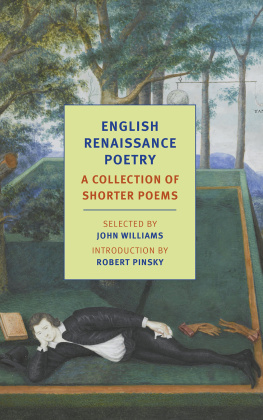
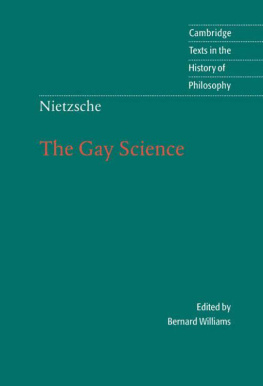
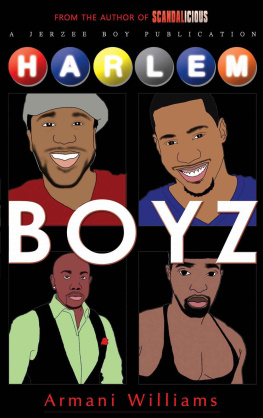

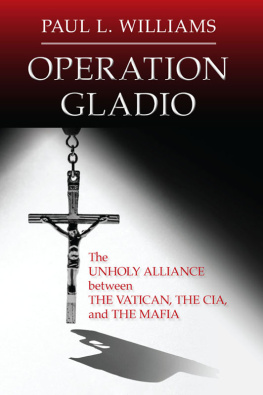
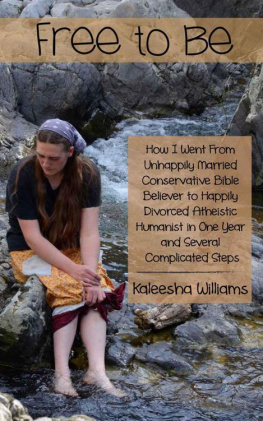
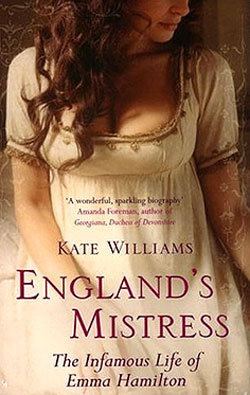

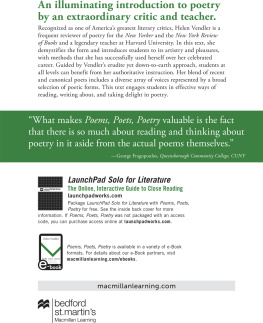
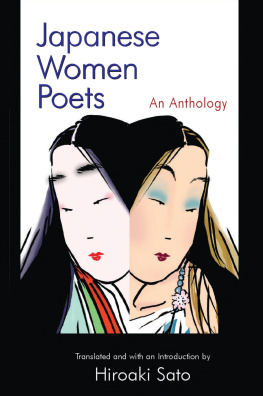
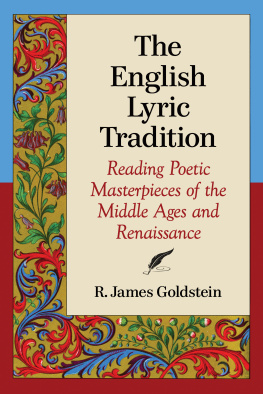
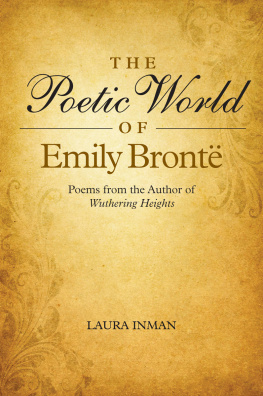

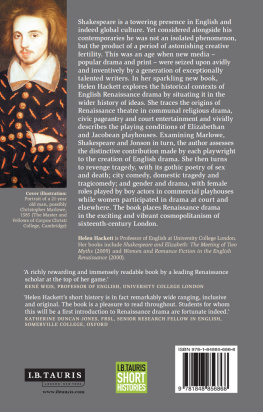

 New York THIS IS A NEW YORK REVIEW BOOK PUBLISHED BY THE NEW YORK REVIEW OF BOOKS 435 Hudson Street, New York, NY 10014 www.nyrb.com Copyright 1963 by John Williams Introduction copyright 2016 by Robert Pinsky All rights reserved. 159095; Rijksmuseum, Amsterdam Cover design: Katy Homans Library of Congress Cataloging-in-Publication Data Names: Williams, John, 19221994 editor. 159095; Rijksmuseum, Amsterdam Cover design: Katy Homans Library of Congress Cataloging-in-Publication Data Names: Williams, John, 19221994 editor.
New York THIS IS A NEW YORK REVIEW BOOK PUBLISHED BY THE NEW YORK REVIEW OF BOOKS 435 Hudson Street, New York, NY 10014 www.nyrb.com Copyright 1963 by John Williams Introduction copyright 2016 by Robert Pinsky All rights reserved. 159095; Rijksmuseum, Amsterdam Cover design: Katy Homans Library of Congress Cataloging-in-Publication Data Names: Williams, John, 19221994 editor. 159095; Rijksmuseum, Amsterdam Cover design: Katy Homans Library of Congress Cataloging-in-Publication Data Names: Williams, John, 19221994 editor.